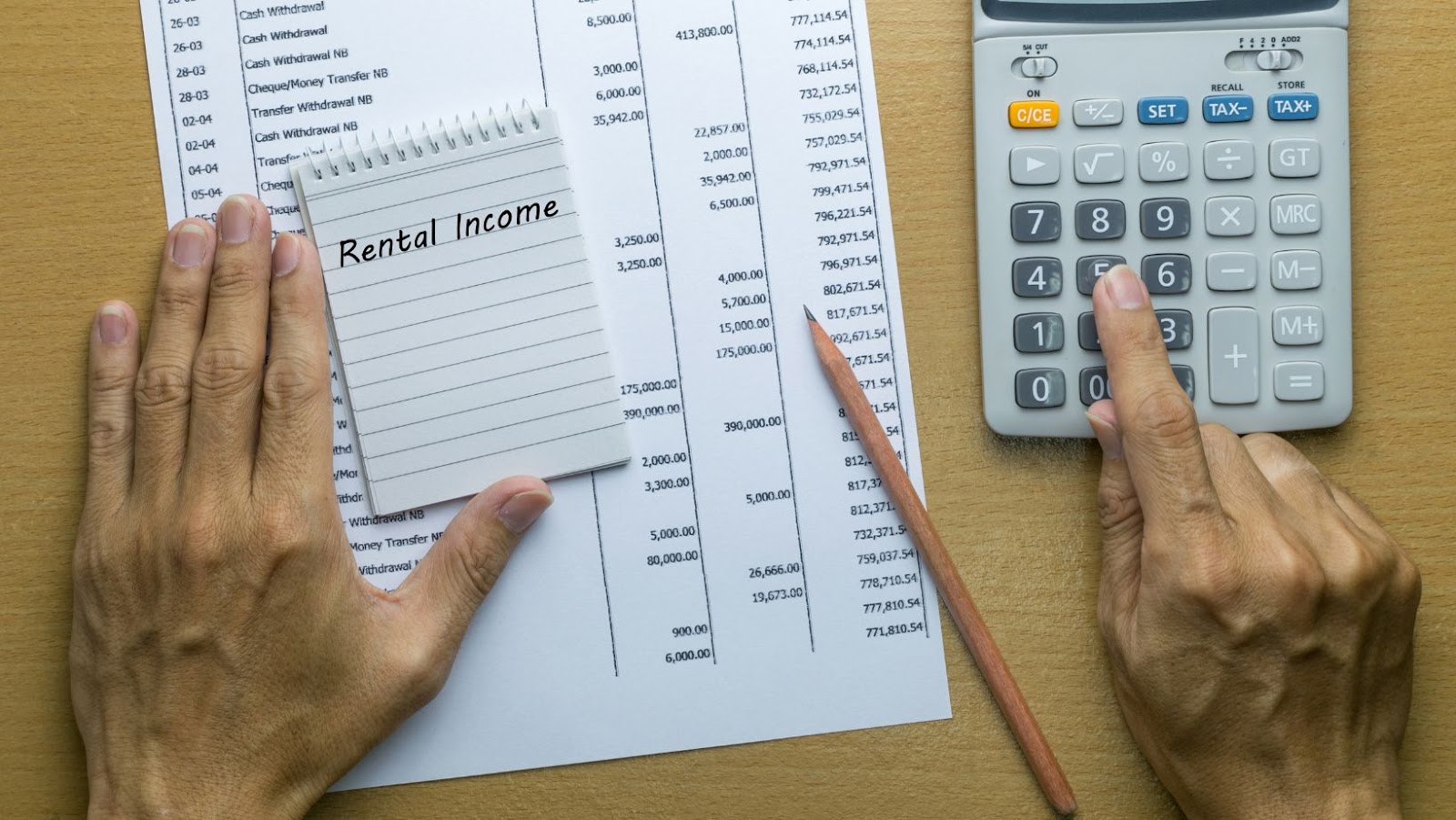
As a landlord, one of the primary ways to earn money from a rental property is through rental income. So, what is rental income? It is the income generated by renting out a property, whether it’s a commercial or residential space, to a tenant or tenants.
Rental income is typically calculated on a monthly basis and is the amount of money a tenant pays for the right to occupy the rental property. This income can be used to cover various expenses associated with property ownership, including mortgage payments, property taxes, maintenance, repairs, and more.
Knowing how to accurately calculate rental income is essential for landlords, as it can help in determining the profitability of a rental property. By understanding what rental income is and how it works, landlords can better manage their investment properties and ensure they provide a steady stream of income.
What Is Rental Income
Rental income is the money that a property owner receives from the tenants who are renting their property. It is one of the primary sources of passive income for many real estate investors. Rental income can come from many types of properties, including residential apartments, commercial spaces, retail shops, and vacation homes.
The amount of rental income that a property owner can earn depends on several factors, such as the type of property, the location, the condition, and the demand. The rental income can be a fixed amount or a percentage of the property’s value, depending on the agreement between the owner and the tenant.

One advantage of rental income is that it is a steady source of cash flow that can help cover the expenses associated with owning an investment property, such as mortgage payments, property taxes, maintenance costs, and insurance. However, it is important to note that rental income is subject to taxes, and property owners must report it on their tax returns.
Another factor that affects rental income is the vacancy rate. A high vacancy rate means that the property is not earning any rental income and can become a financial burden for the owner. Therefore, it is crucial to maintain the property and keep it in good condition to attract new tenants and retain existing ones.
In short, rental income is the money that property owners receive from tenants who are renting their property. It can be a significant source of passive income but is subject to taxes and depends on several factors such as the type of property, location, condition, and demand.
Property owners must be aware of the expenses associated with owning an investment property and ensure that the property remains attractive to tenants to minimise the vacancy rate.
Sources of Rental Income
Rental income is a type of passive income that is earned by leasing out property or assets. Some common sources of rental income include:
– Real Estate: Rental income earned from properties such as apartments, houses, or commercial buildings is a popular source of rental income. Many real estate investors purchase properties with the intention of renting them out and earning rental income as a steady stream of passive income.
– Equipment: Another source of rental income is from leasing out equipment such as machinery, vehicles, or electronics. This type of rental income is often earned by businesses that lease equipment to other businesses or individuals.
– Land: Leasing out land for various purposes such as agriculture, grazing, or mining can also generate rental income. Landowners can earn rental income by leasing their land to tenants for a specified period of time or for a specific purpose.
– Intellectual Property: Licensing intellectual property such as patents, trademarks, or copyrights is yet another way to generate rental income. For example, a musician can earn rental income by licensing their songs to TV shows or movies.
– Royalties: Finally, royalties earned from the use or sale of licensed assets such as music, books, or artwork can also generate rental income. This type of rental income is particularly common in the entertainment industry.
In short, rental income can come from a variety of sources and is a popular way to generate passive income. Real estate and equipment leasing are among the most popular sources of rental income, but land leasing, intellectual property licensing, and royalties can also be lucrative sources of rental income.
Understanding Rental Income
As we’ve established earlier, rental income is the amount of money earned from renting out a property to tenants. However, there are a few important considerations that one needs to keep in mind when it comes to rental income.
Firstly, it’s important to keep track of all the rental income received as it’s taxable. This means that the net rental income (gross rental income minus any deductible expenses) needs to be reported on your tax returns. Failure to do so could result in penalties and legal troubles.

Another important consideration is the expenses related to the rental property. These can include repairs, maintenance, property taxes, mortgage interest, insurance, and utilities. Keeping a record of all the expenses is necessary for calculating the net rental income and accurately reporting it on tax returns.
It’s also worth noting that rental income can fluctuate based on various factors such as location, demand, and the condition of the property. Therefore, it’s important to regularly evaluate the rental rates to ensure that they’re competitive and in line with market trends.
In summary, rental income is a valuable source of income for property owners. However, it comes with its own set of responsibilities and considerations. Keeping track of expenses, accurately reporting income on tax returns, and evaluating rental rates regularly are all crucial for ensuring a successful rental income venture.

